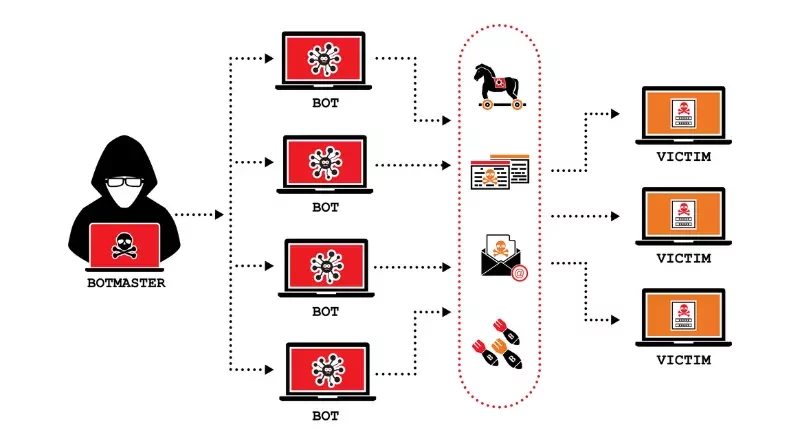How To Deals With DDoS Attacks
As of my knowledge cutoff in September 2021, Hostinger is a web hosting provider that offers various services, including protection against DDoS attacks. While I don’t have the most up-to-date information on their specific strategies, I can provide you with a general overview of how web hosting providers typically handle DDoS attacks.
- Traffic Scrubbing: Hostinger and other hosting providers often employ traffic scrubbing techniques. This involves analyzing incoming traffic to identify and filter out malicious requests while allowing legitimate traffic to pass through. Scrubbing centers are used to inspect network packets and separate legitimate traffic from DDoS attack traffic.
- Load Balancing: Load balancing is another common technique used by hosting providers. By distributing the incoming traffic across multiple servers, it helps to prevent overwhelming a single server with an excessive amount of requests. This can help mitigate the impact of a DDoS attack by spreading the load across multiple resources.
- Anycast DNS: Anycast DNS (Domain Name System) is a technique that allows multiple servers distributed in different locations to respond to DNS queries. By using Anycast DNS, hosting providers can distribute the DNS infrastructure geographically, making it more resilient to DDoS attacks by distributing the attack traffic across multiple locations.
- Rate Limiting and Traffic Filtering: Hosting providers may implement rate limiting and traffic filtering rules to identify and block suspicious traffic patterns associated with DDoS attacks. This can involve setting limits on the number of requests from a particular IP address or employing advanced traffic analysis techniques to identify and block malicious traffic.
- Network-level Protection: Hostinger may leverage network-level protections, such as firewalls and intrusion prevention systems (IPS), to detect and block DDoS attacks. These systems monitor network traffic and can automatically detect and mitigate attacks by blocking or redirecting malicious traffic.
- Communication and Support: In the event of a DDoS attack, Hostinger would likely have a dedicated security team that monitors the situation and works to minimize the impact on their infrastructure and customers. They would also communicate with affected customers, providing updates and guidance on how to handle the situation.
It’s important to note that DDoS attacks can vary in complexity and scale, and hosting providers continually adapt their strategies to counter new attack vectors. For the most accurate and up-to-date information on how Hostinger deals with DDoS attacks, I recommend visiting their official website or reaching out to their customer support directly.



